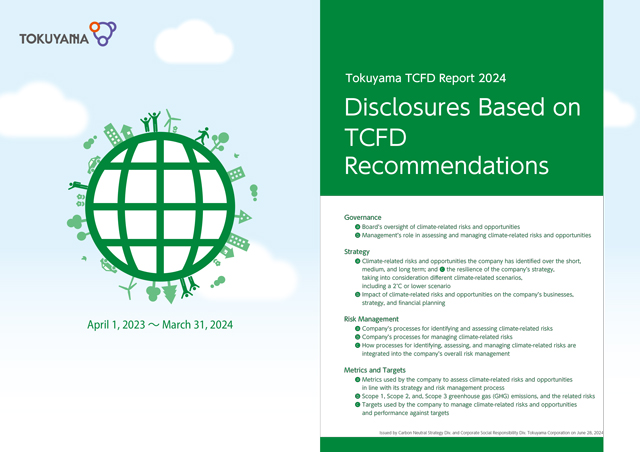Sustainability
Helping to Fight Global Warming
Initiatives Toward Carbon Neutrality in FY2050
As the impact of climate change becomes more apparent, reducing CO₂ emissions is an urgent issue for Tokuyama, because thus far we have been operating captive coal-fired power plants. Under the Medium-Term Management Plan 2025 published in February 2021, we made helping to fight global warming one of the Company's priority issues. We set a target of reducing GHG emissions (Scope 1,2) by 30% by fiscal 2030 (compared to fiscal 2019) and declared our aim to achieve carbon neutrality in fiscal 2050. We have also set new emission reduction targets for Scope 3 emissions, with the challenging to carbon neutrality across its entire supply chain.
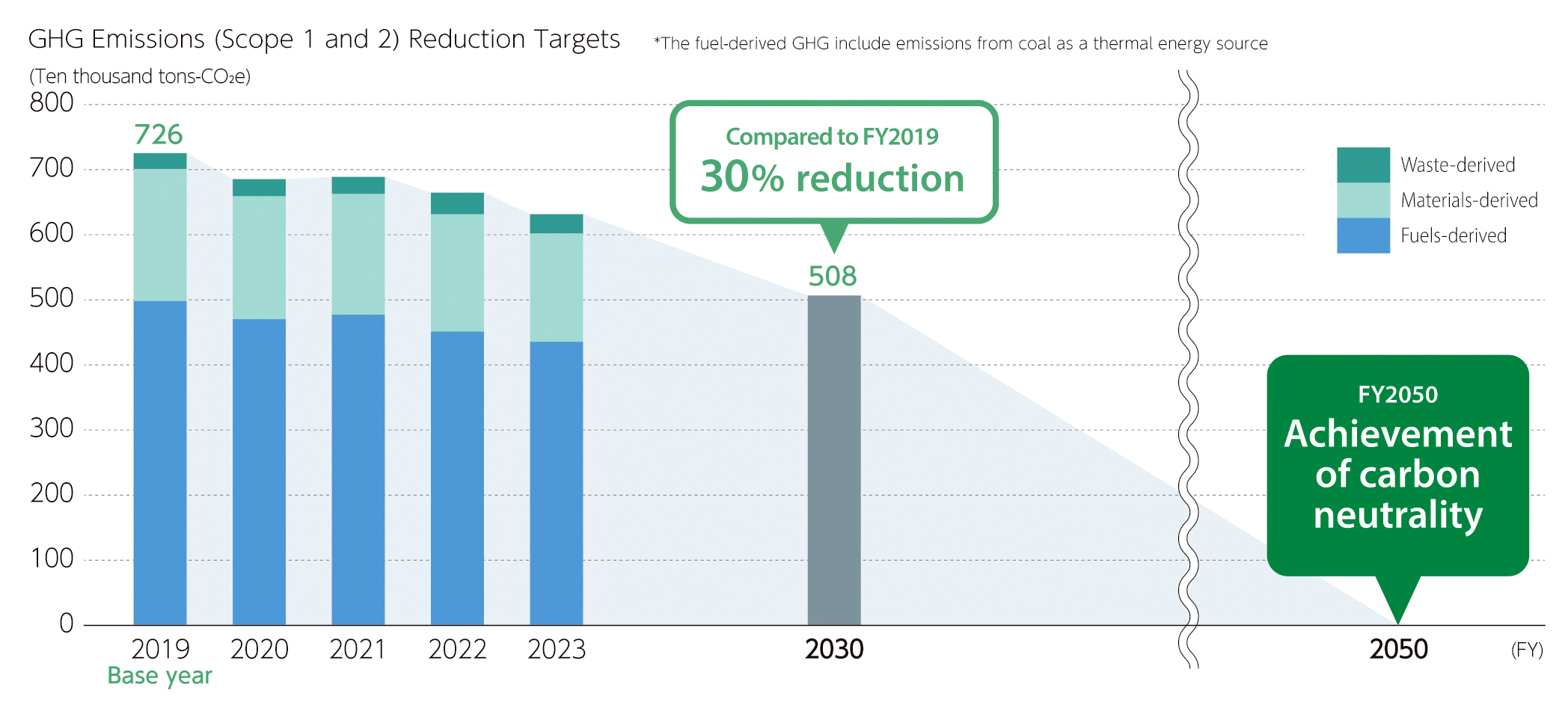
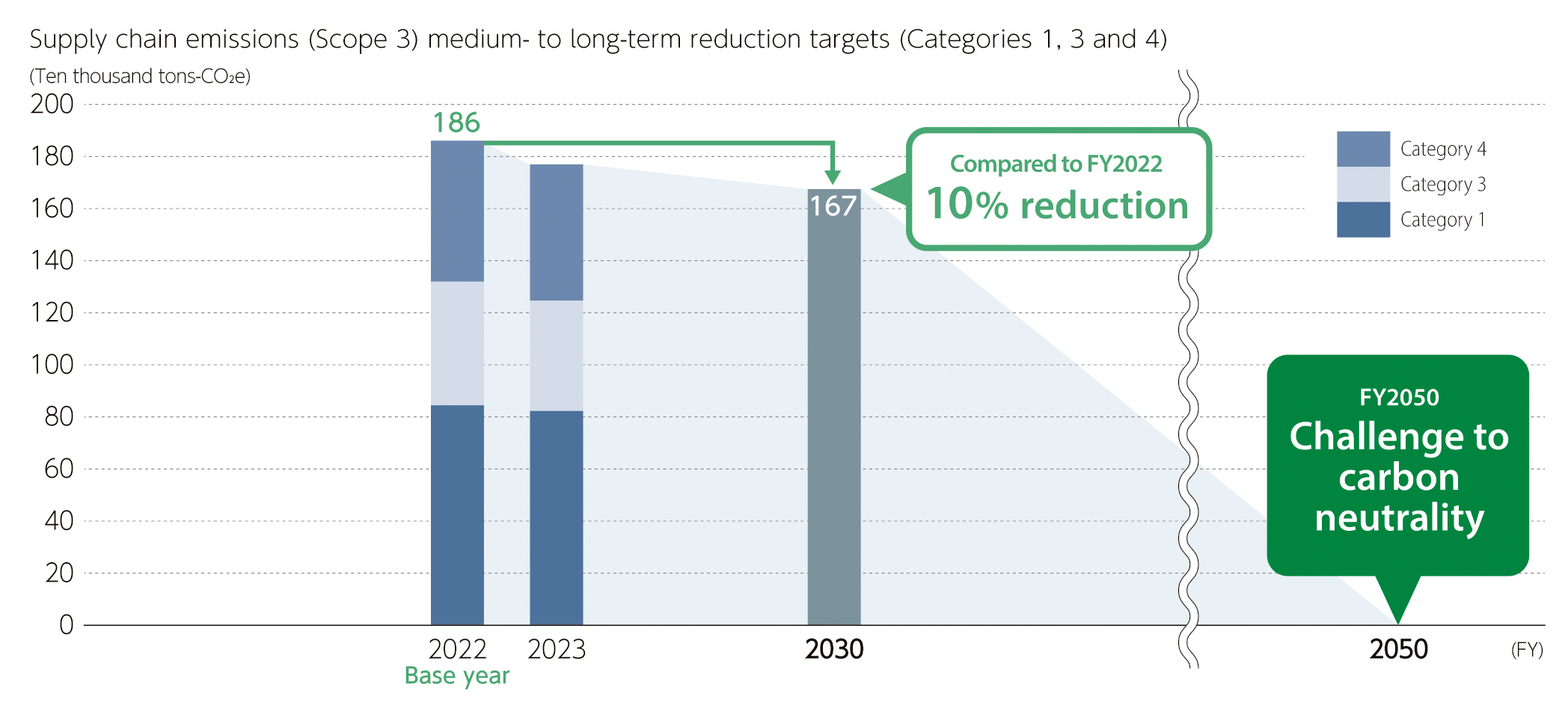
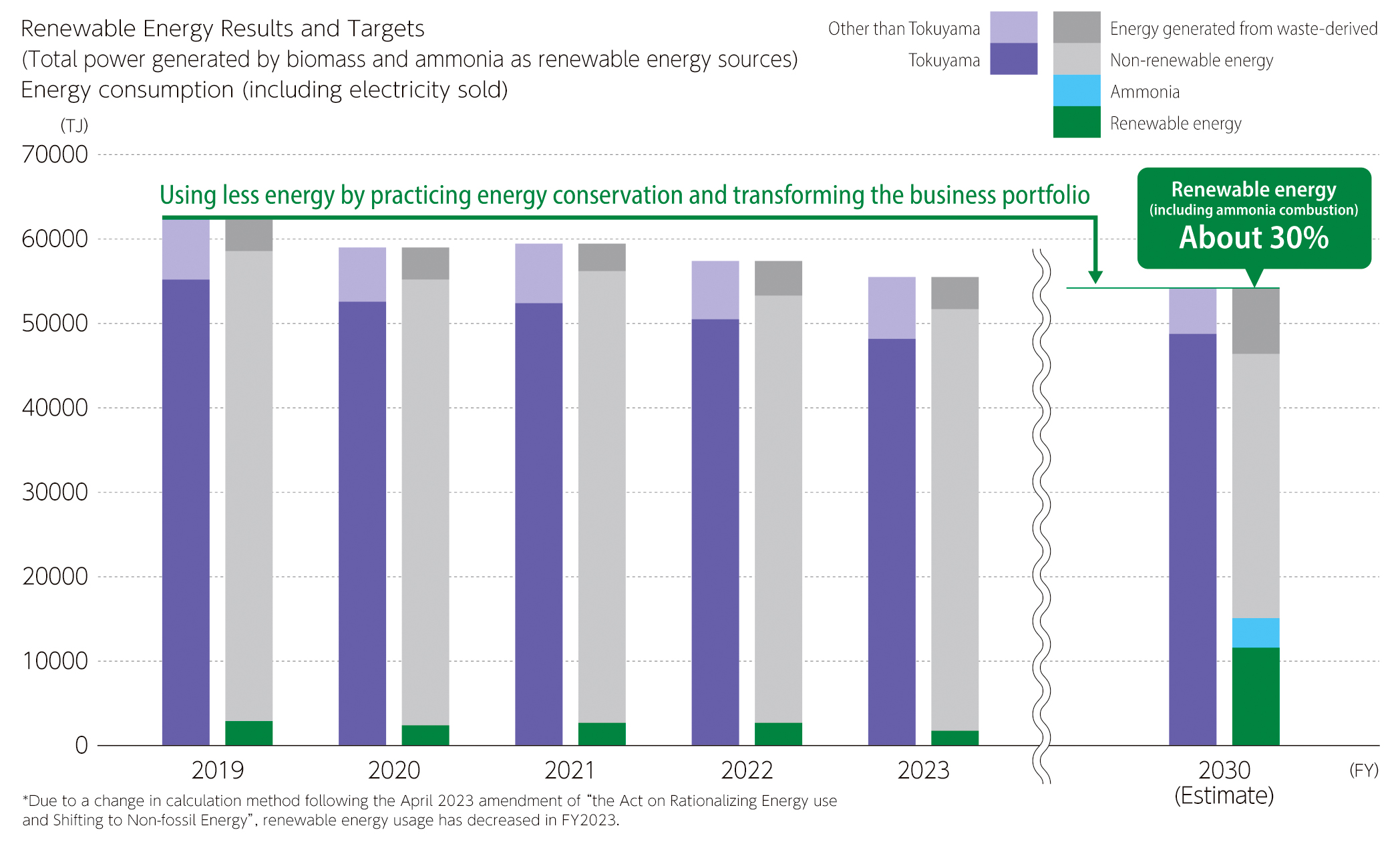
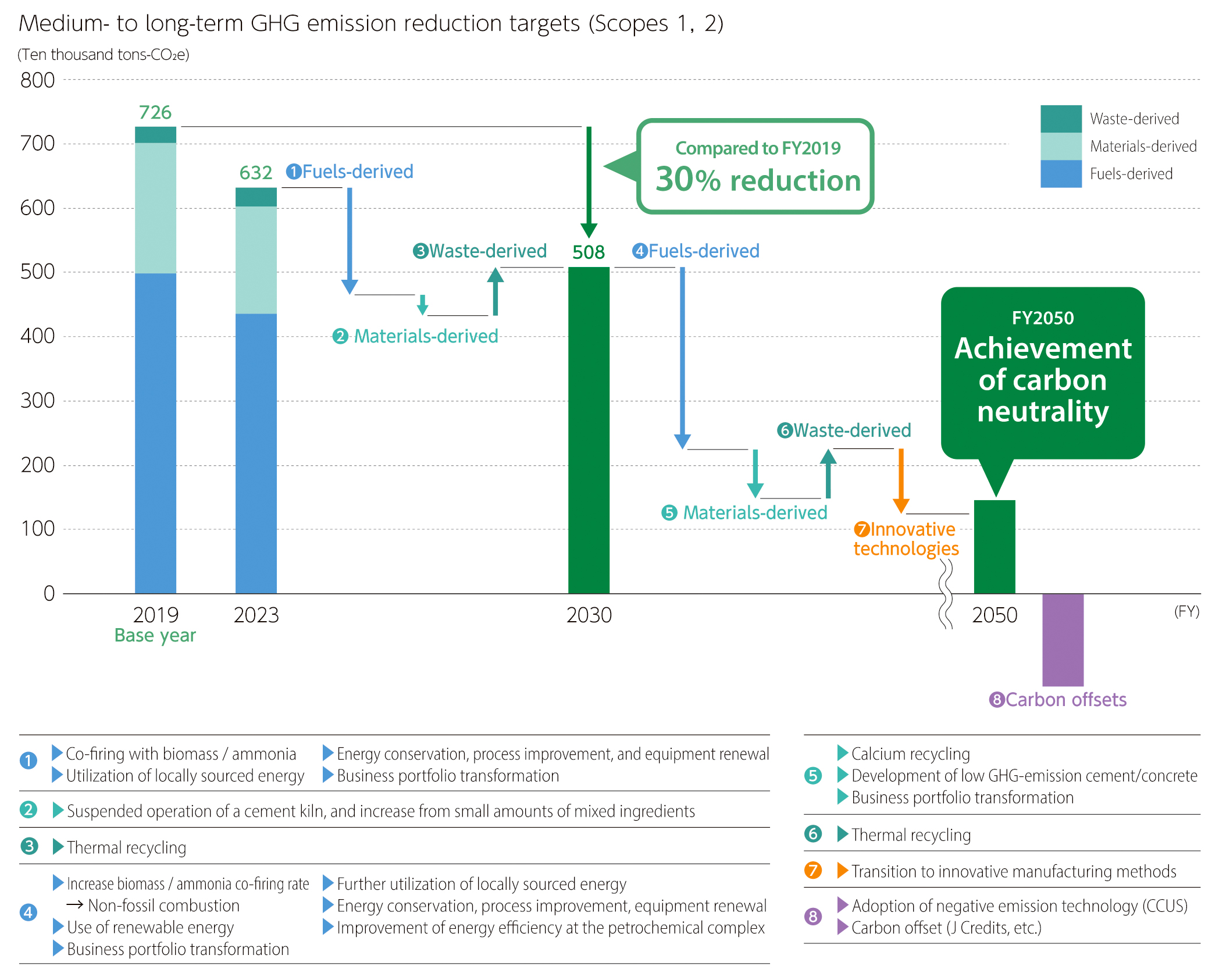
Initiatives to Achieve GHG Emissions Reduction Target
At Tokuyama, the Carbon Neutral Strategy Division is responsible for planning strategy to achieve the CO₂ emissions reduction targets.
The Carbon Neutral Strategy Division works with each business unit and the Tokuyama Factory to establish and implement specific plans, including those related to the best energy mix.
The basic policy for fulfilling our plan for reducing CO₂ emissions is to convert the Tokuyama Factory's captive power generation facilities from coal to non-fossil fuels. In terms of non-fossil fuels, we will mainly use agricultural waste biomass, such as palm kernel shells (PKS). In February 2022, we obtained third-part certifications, including GGL* certification, in the conviction that PKS sourced from overseas must be traceable, environmentally friendly and legally compliant.
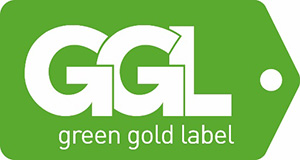
*Stands for Green Gold Label certification, which was launched in 2002 and is the certification with the longest history. GGL is a specialized certification for biomass, which encompasses the manufacture, processing, transportation, and final use of sustainable biomass and ensures independent tracking and record keeping. As with RSB certification, it is a third-party certification recognized under the business planning guidelines of Japan's Agency for Natural Resources and Energy.
The fuel conversion plan for the four in-house power generation units at the Tokuyama Factory is outlined as follows. At the East Power Plant, one unit is scheduled to begin co-firing ammonia by fiscal year 2030 in collaboration with companies in the industrial complex. At the Central Power Plant, the unit that is currently actively introducing biomass fuel, specifically PKS (Palm Kernel Shell), will continue high-ratio co-firing. For another unit at the same plant, we are promoting the acceptance of biomass fuels such as white pellets and will gradually increase the co-firing ratio starting in fiscal year 2025.
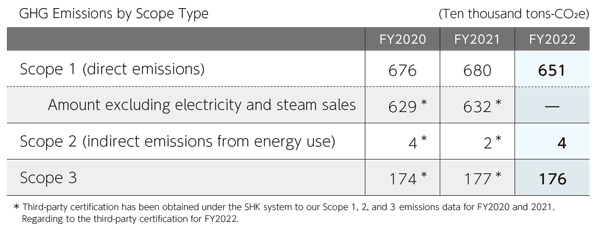
We are also pursuing the establishment of production technology for black pellets, which are a semi-carbonized form of biomass that can be handled in the same manner as coal. Ultimately, we expect to be able to improve boiler efficiency and reduce facility modification, transport, and storage costs by switching from biomass to black pellets. Since fiscal year 2023, we have been working on the development of black pellets, which are biomass partially carbonized. To advance this initiative, we are constructing a pilot plant for fuel production within the Tokuyama Factory, scheduled for completion in October 2025. In line with the "Policy on Sustainable Forests" established in 2025, we aim to expand the range of usable fuel types and secure cost-effective and stable procurement of biomass fuels.
Disclosures Based on TCFD Recommendations
Based on the resolution of the Board of Directors on February 25, 2021, we have expressed our support for the recommendations of the Task Force on Climate-related Financial Disclosures (TCFD). We are promoting initiatives against climate change based on the TCFD's recommendations of "Governance," "Strategy," "Risk Management," and "Metrics and Targets." Please download the following.
The latest report is scheduled for release at the end of July every year.
- INDEX
- Governance
- a. Board's oversight of climate-related risks and opportunities
- b. Management's role in assessing and managing climate-related risks and opportunities
- Strategy
- a. Climate-related risks and opportunities the company has identified over the short, medium, and long term taking into consideration different climate-related scenarios, including a 2℃ or lower scenario
- b. Impact of climate-related risks and opportunities on the company's businesses, strategy, and financial planning
- c. Resilience of strategy
- Risk Management
- a. Company's processes for identifying and assessing climate-related risks
- b. Company's processes for managing climate-related risks
- c. How the company integrates processes for identifying, assessing, and managing climate-related risks into its overall risk management framework
- Metrics and Targets
- a. Metrics used by the company to assess climate-related risks and opportunities in line with its strategy and risk management process
- b. Scope 1, Scope 2, and, Scope 3 greenhouse gas (GHG) emissions, and the related risks
- c. Targets used by the company to manage climate-related risks and opportunities and performance against targets

